Boreland, Lockerbie: A Quiet Corner with Clan Gregor Legacy
Nestled in the rolling hills of Dumfries and Galloway, just seven miles north of Lockerbie, lies the small but historically rich village of Boreland. With its pastoral charm, centuries-old landmarks, and deep-rooted clan connections, Boreland is more than a scenic stop—it’s a window into the turbulent and resilient spirit of Scotland’s borderlands. Central to this story is Boreland House, a stately residence with ties to the Clan Gregor Chieftain, offering a unique glimpse into the legacy of one of Scotland’s most storied clans.
🏞️ Boreland: A Landscape Shaped by History
The name “Boreland” likely derives from the Old Norse word borr, meaning “hill,” or from bordland, which refers to “table-land” or land that directly supplied the laird’s table. This etymology reflects the village’s topography and its historical role in agriculture. For centuries, Boreland was a vital part of the rural economy, with fertile fields and proximity to the River Dryfe supporting farming and livestock.
During the late Middle Ages and into the early 17th century, Boreland found itself entwined with the era of the Border Reivers—clans and families known for raiding and feuding along the Anglo-Scottish border. The region’s remoteness and rugged terrain made it a haven for these fiercely independent groups, and Boreland’s history is marked by both conflict and survival.
🏡 Boreland House: A Modern Seat of Clan Gregor Leadership
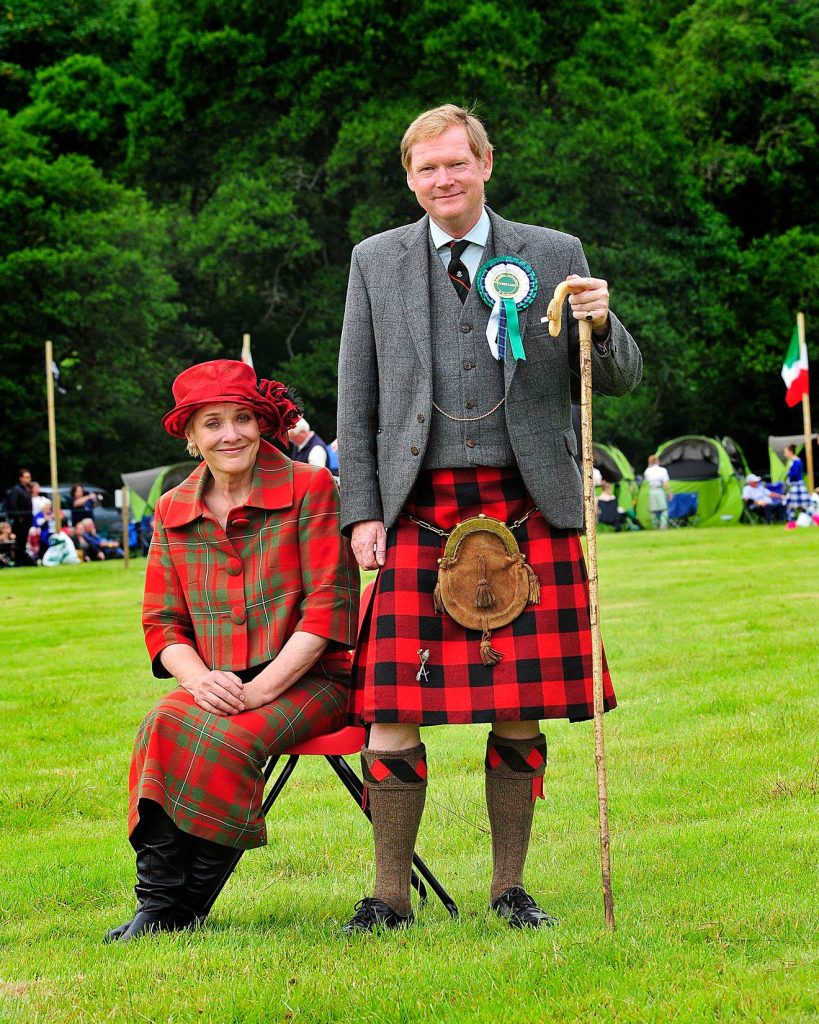
At the heart of the village of Boreland near Lockerbie stands Boreland House, a stately country residence that holds contemporary significance for Clan Gregor, also known as Clan MacGregor. The clan, renowned for its motto “S Rioghal mo dhream” (“Royal is my race”), traces its lineage to ancient Celtic royalty and has endured centuries of persecution, proscription, and resilience. While Clan Gregor’s ancestral lands lie in the Highlands— particularly in Glen Orchy, Glenstrae, and Balquhidder—the clan’s modern leadership has extended its presence into southern Scotland. Boreland House is the current residence of Sir Malcolm MacGregor of MacGregor, the 24th Chief of Clan Gregor. His stewardship of the clan and his role in preserving its heritage have made Boreland House a meaningful center of clan identity in the present day.
Though not a traditional Highland stronghold, Boreland House serves as a symbolic and functional home for the chief. It has hosted clan gatherings, private meetings, and cultural events, reinforcing its role in the living legacy of Clan Gregor. Its location in Dumfries and Galloway, near the borderlands, reflects the broader geographic reach of the clan in modern times and offers a peaceful retreat steeped in history and tradition.
🛡️ Clan Gregor: From Outlawed to Honored
Clan Gregor’s history is one of defiance and survival. After a series of violent feuds—most notably with Clan Campbell—the MacGregors were outlawed in 1603 by King James VI. Their name was banned, their lands seized, and their members hunted. Many were forced to live under assumed names, and the clan became known as the Children of the Mist, a poetic reference to their hidden existence in the glens and forests.
Despite this, the MacGregors maintained their identity and traditions. The clan’s leadership, including the chieftains who resided at places like Boreland House, played a crucial role in preserving the clan’s heritage and organizing resistance. Over time, the clan regained its status, and in the 18th and 19th centuries, the name MacGregor was restored by royal decree.
Today, Clan Gregor is celebrated for its contributions to Scottish culture, including its early adoption of the bagpipes and its legendary figures like Rob Roy MacGregor, who became a symbol of Highland resistance and romantic heroism.
🕰️ Boreland’s Historical Landmarks
Beyond Boreland House, the village boasts several historical sites that reflect its rich past:
- Gillesbie Tower: A 15th-century stronghold associated with Clan Graham, another prominent Border Reiver family. Its ruins serve as a reminder of the region’s violent and strategic importance.
- Hutton and Corrie Parish Church: Built in 1710, this church served the spiritual needs of Boreland for centuries. Its graveyard contains stones dating back to the 1700s and offers insights into the lives of those who shaped the community.
- Nether Boreland Equestrian Centre: Located on the site of a former farm and inn, this modern facility reflects Boreland’s ability to adapt its historical spaces for contemporary use.
🌿 A Community Rooted in Nature and Heritage
Today, Boreland is a peaceful village known for its natural beauty and rural charm. The surrounding hills, farmland, and woodlands offer opportunities for hiking, birdwatching, and cycling. The Riverside Cottage, a renovated bothy from 1880, provides a cozy retreat for visitors exploring the area’s historical and natural attractions.
Though small, Boreland benefits from its proximity to Lockerbie, a town with modern amenities and transport links to Glasgow and Edinburgh. This connectivity makes Boreland an appealing destination for those seeking a quiet escape with easy access to Scotland’s cultural and urban centers.
Sir Malcolm MacGregor of MacGregor, the 24th Chief of Clan Gregor, is married to Lady Fiona Armstrong, a distinguished British broadcaster, journalist, and writer. She became Lady MacGregor of MacGregor upon their marriage in 2005.
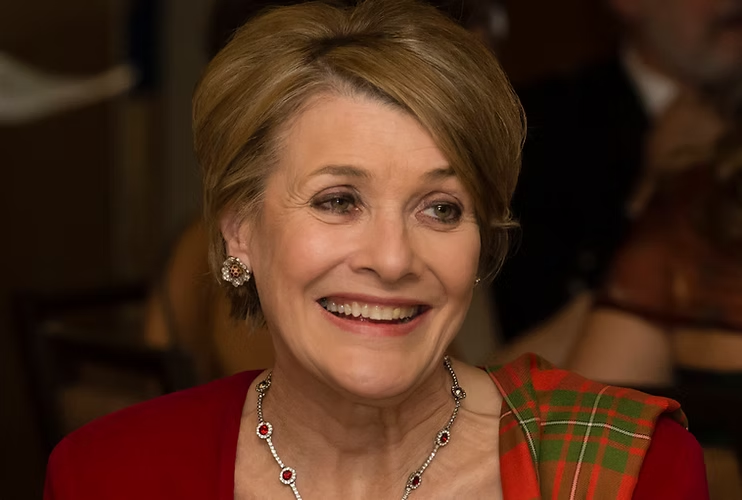
Here’s a detailed look at her background and accomplishments:
🎙️ Career in Broadcasting and Journalism
Lady Fiona Armstrong has had a prolific career in media:
- She has worked for BBC News, ITN, Sky TV, and NBC, covering a wide range of topics from politics and healthcare to international humanitarian issues.
- She’s known for her work on regional programming, particularly in southern Scotland, and currently presents ITV’s “Border Life”, a current affairs show focused on life in the Borders and Dumfries & Galloway.
- Fiona has also produced and presented documentaries on Scottish clans, fly fishing, and Highland culture, blending her journalistic expertise with her passion for Scottish heritage.
📚 Writing and Academic Work
- She is a columnist for publications such as The Courier, Scottish Field, and Scotbanner.
- Fiona holds a doctorate in Scottish history, with research focused on “Highlandism”—the romanticized image of Scotland shaped by tartan, clans, and cultural myth.
- She’s also an accomplished author, having written books on fly fishing, one of her personal passions.
👑 Public Service and Clan Leadership
- Lady Fiona serves as Her Majesty’s Lord Lieutenant of Dumfries, acting as the monarch’s personal representative in the region—a prestigious civic role.
- She was formerly involved in the Armstrong Clan Society, reflecting her own ancestral ties, and is now a Vice President of the Clan Gregor Society, supporting her husband’s leadership and promoting clan heritage.
🏡 Personal Life
- Fiona was born in Preston, Lancashire, and spent part of her childhood in Nigeria, where her father worked in the colonial service.
- She has one daughter, Natasha, from a previous marriage.
- Her interests include swimming, gardening, cooking, and of course, fly fishing, for which she is considered one of the UK’s best-known female anglers.
Lady Fiona Armstrong brings a unique blend of media savvy, historical scholarship, and civic leadership to her role as Lady MacGregor. Her presence at Boreland House, alongside Sir Malcolm, adds depth and visibility to Clan Gregor’s modern legacy.
Final Thoughts
Boreland may be a quiet village tucked into the hills of Dumfries and Galloway, but for those who know its story—or are lucky enough to live it—it holds profound meaning. Its connection to Clan Gregor, its role in the survival of a name once outlawed, and its enduring presence in Scotland’s borderlands make it a place of deep historical resonance.
For me, the significance of Boreland was personal and unforgettable. I was honored to be invited by the Chief of Clan Gregor to spend the night at Boreland House with my soon to be fiancé and share dinner with his family. Sitting at the table where generations of MacGregor leadership had gathered, surrounded by stories, warmth, and tradition, I felt the living pulse of clan heritage. It wasn’t just a visit—it was a moment of connection to a lineage that has endured centuries of struggle and triumph.
In Boreland, history isn’t confined to books or ruins—it’s alive in the people, the land, and the quiet dignity of places like Boreland House. And for those fortunate enough to experience it firsthand, it leaves a mark that lasts a lifetime.
Sources:
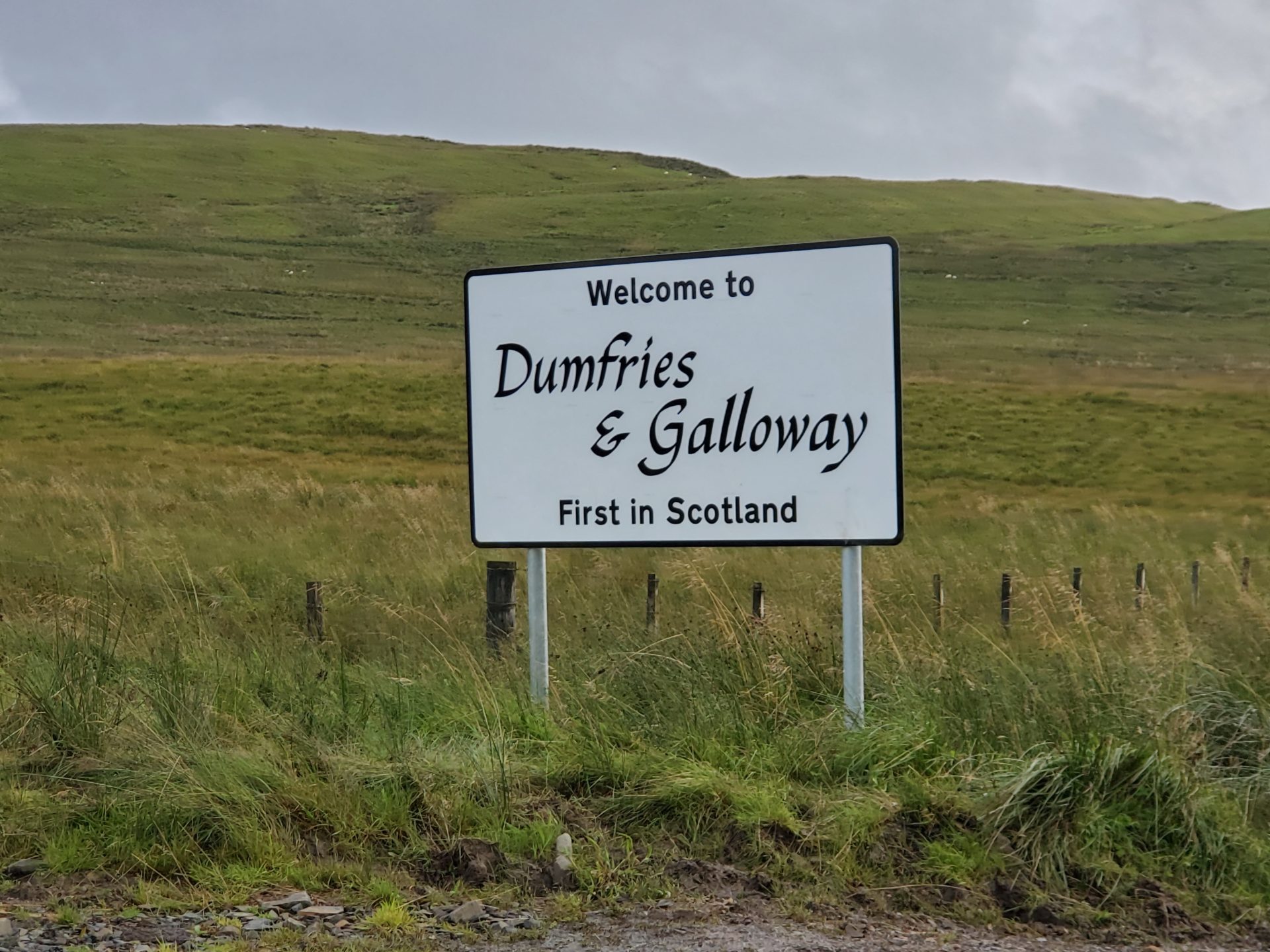
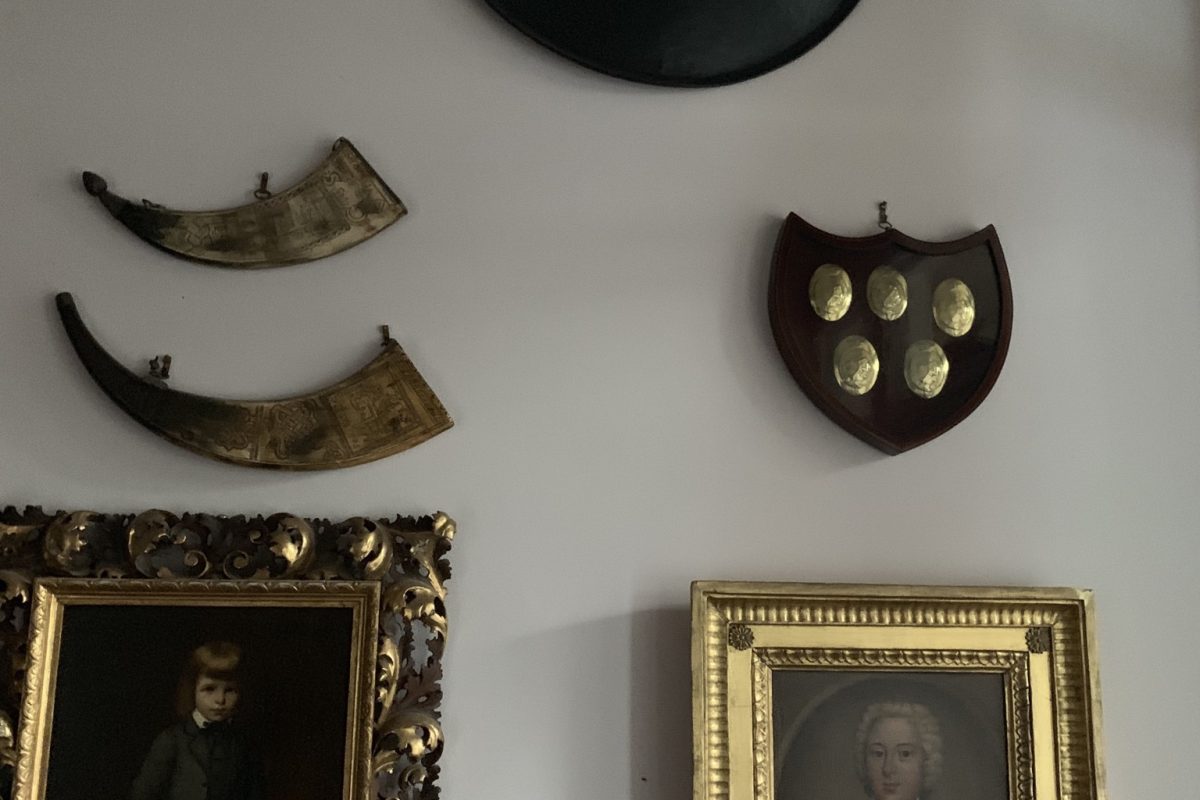
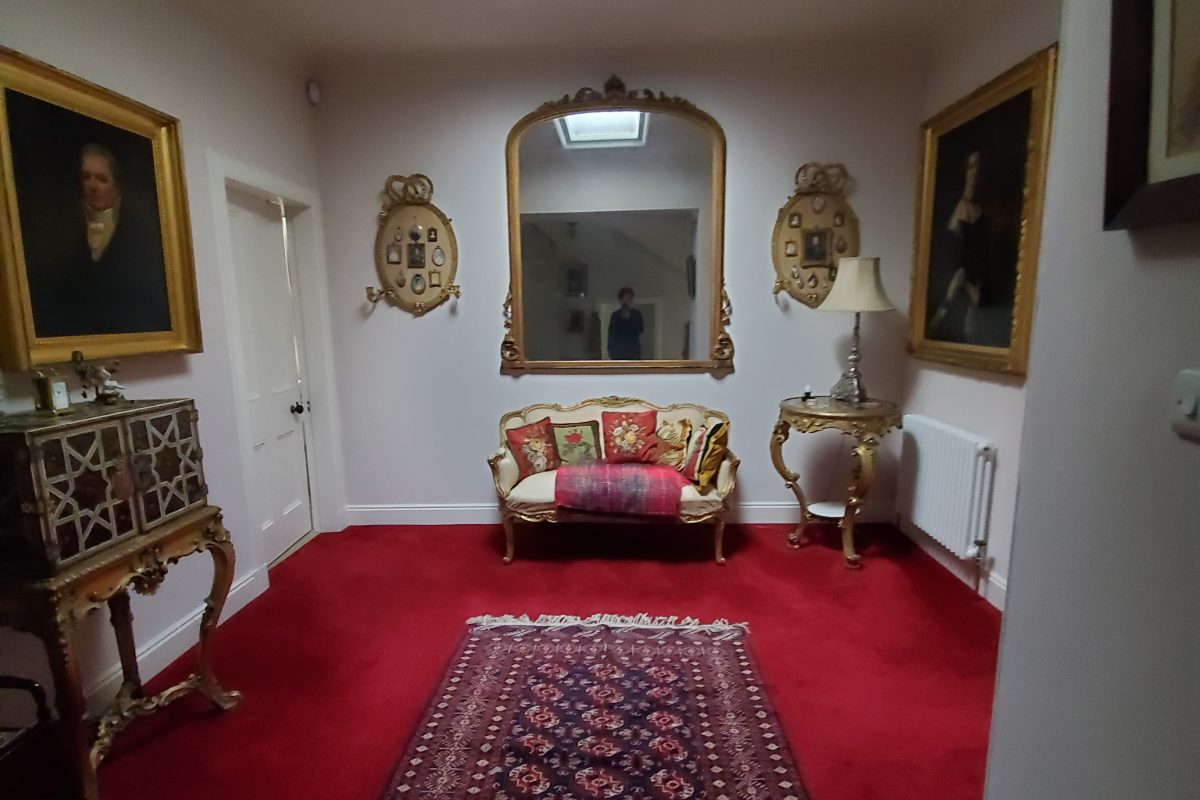
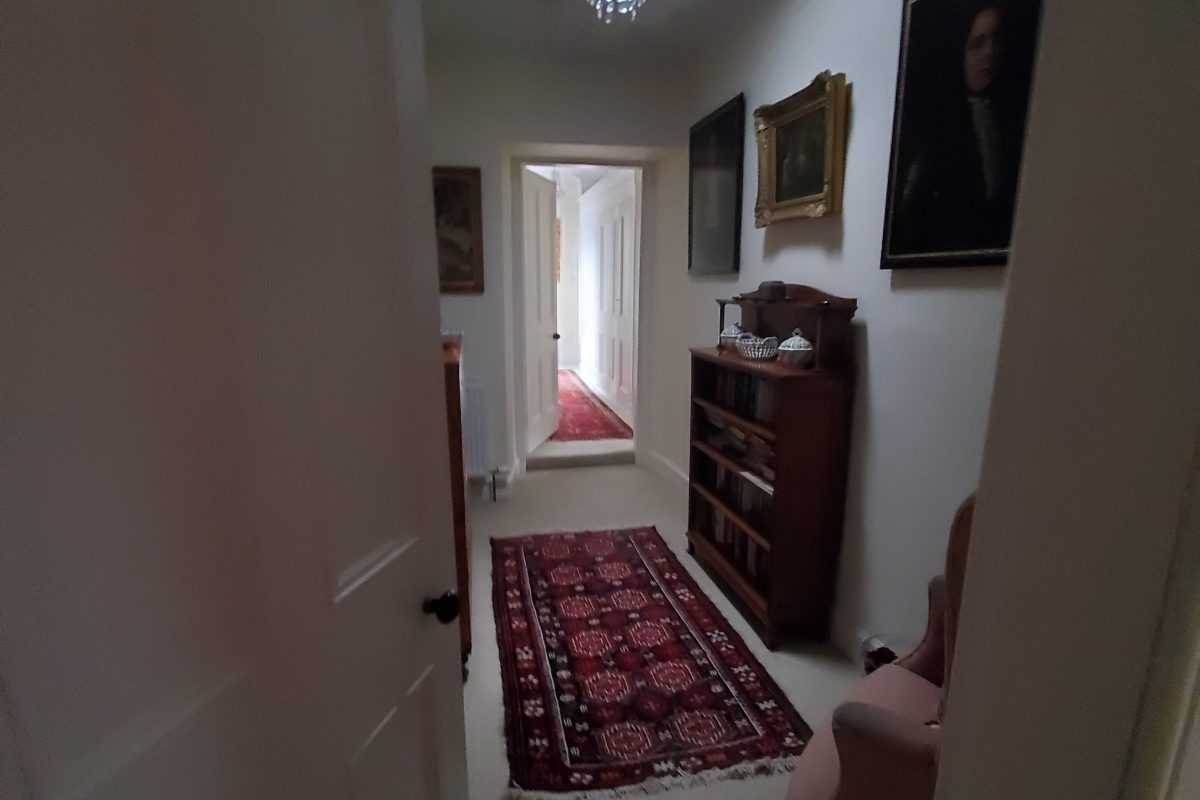
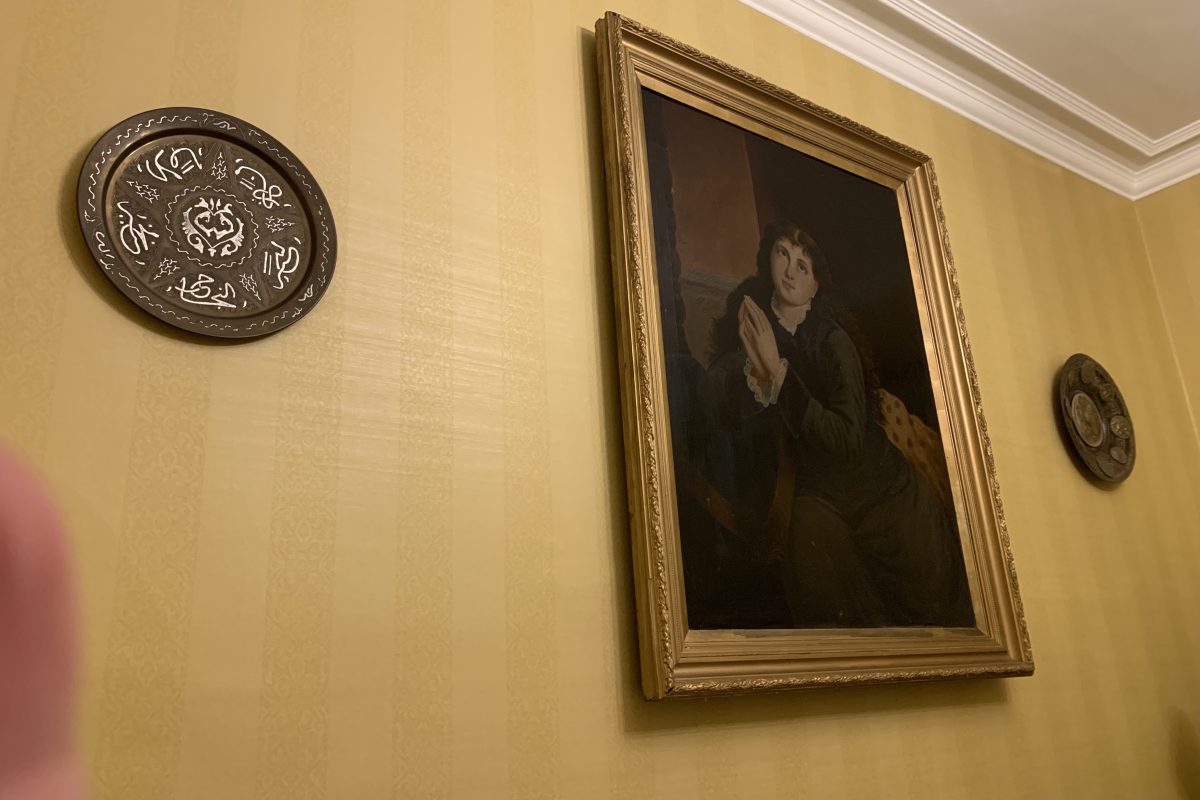

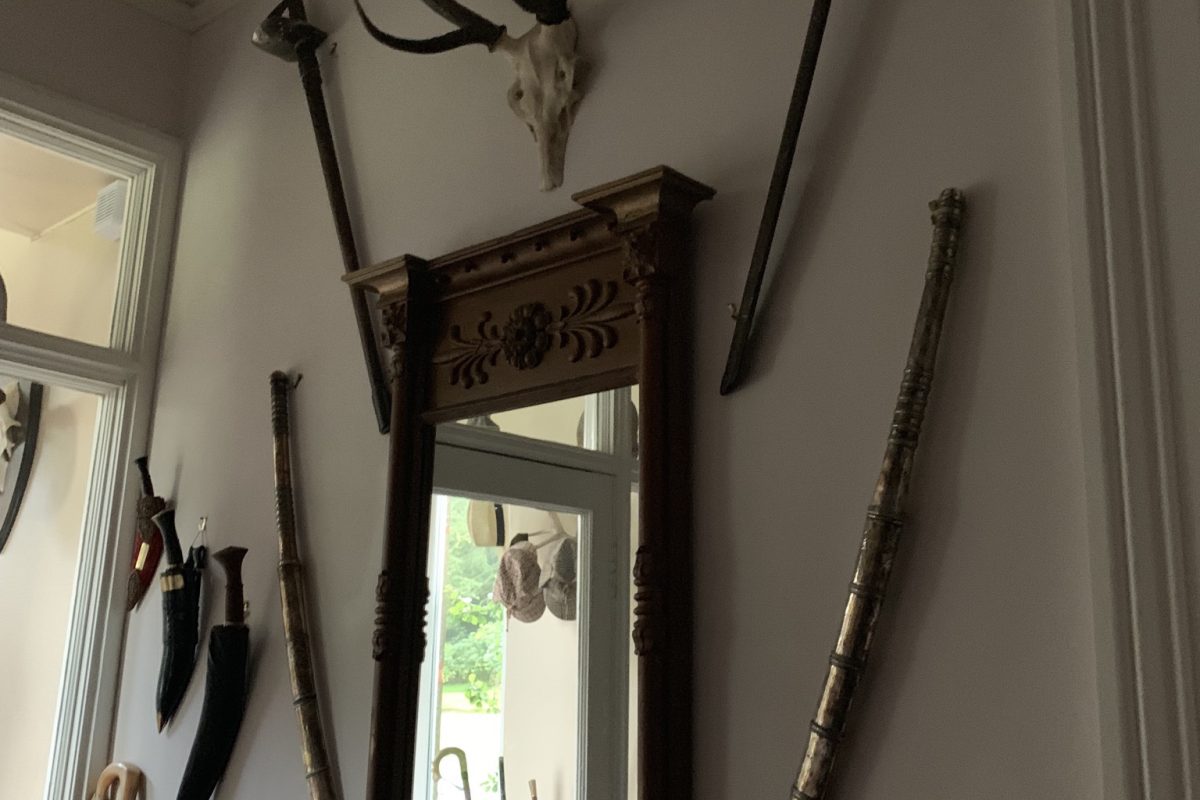
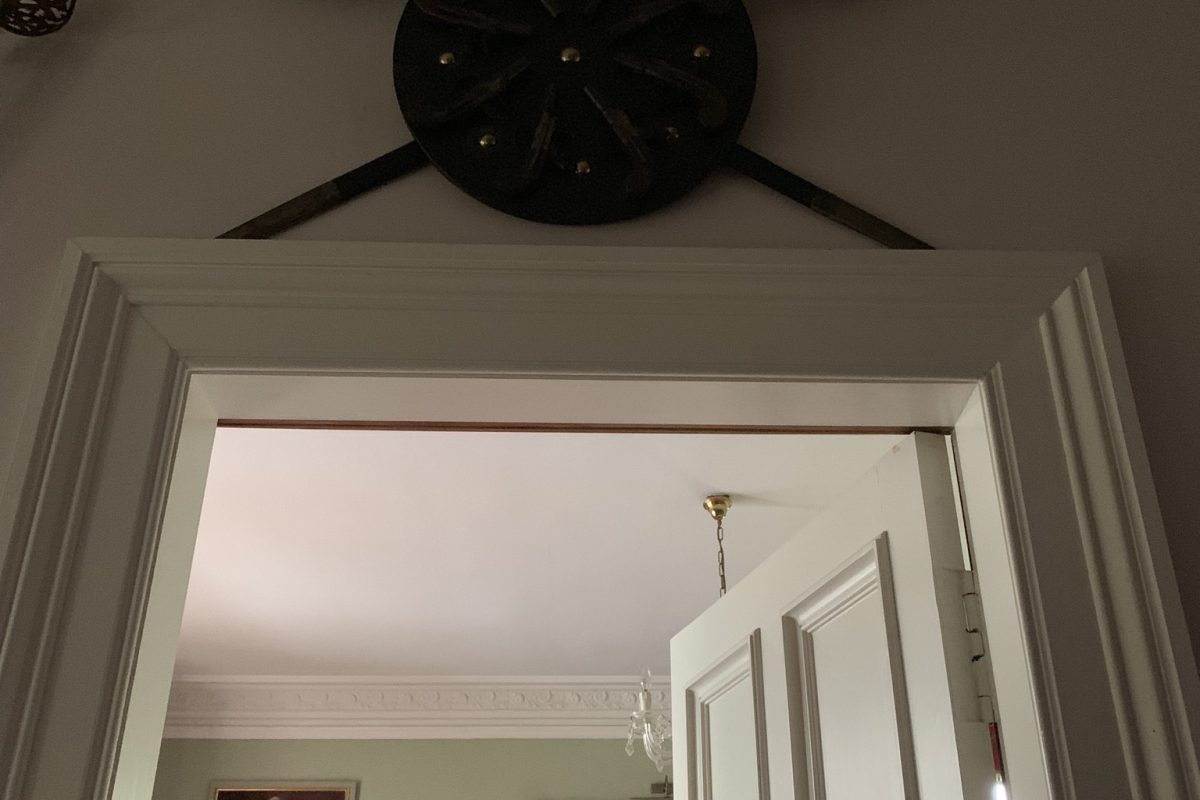
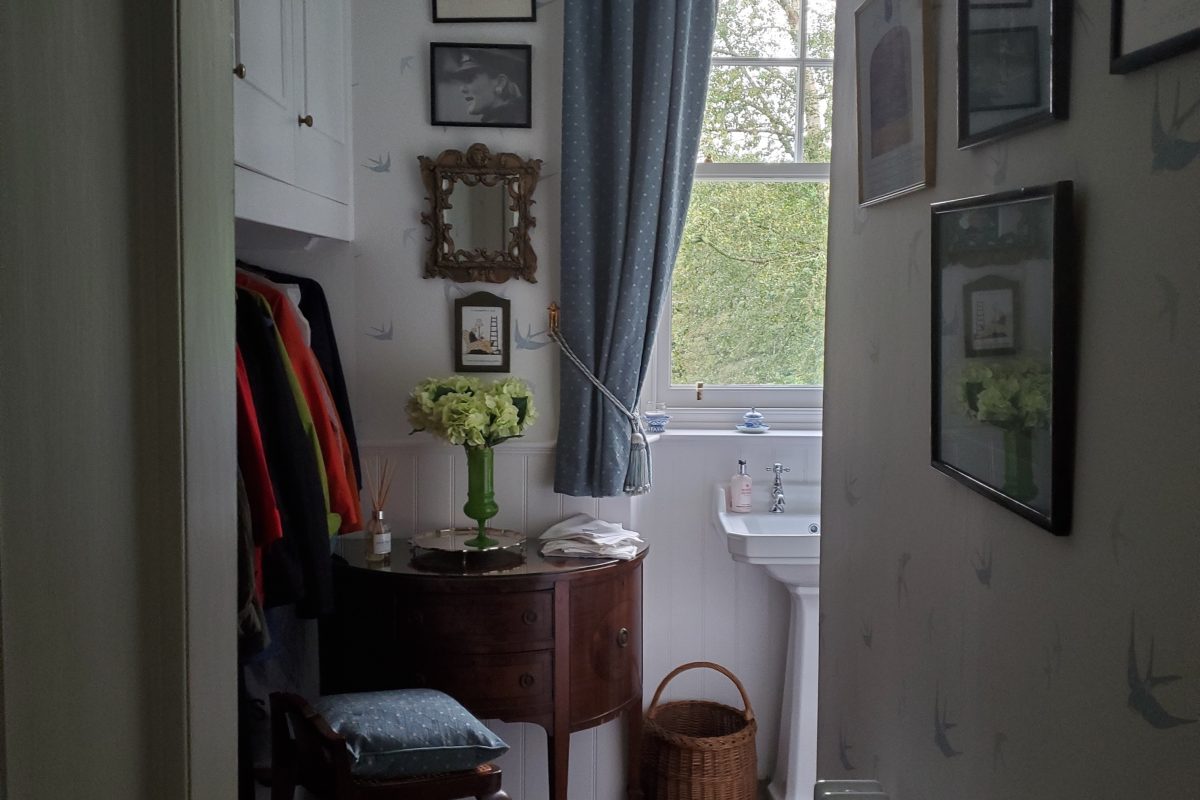


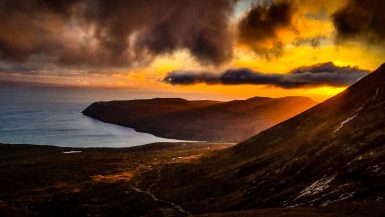
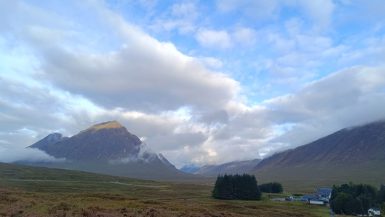
Leave a reply
You must be logged in to post a comment.